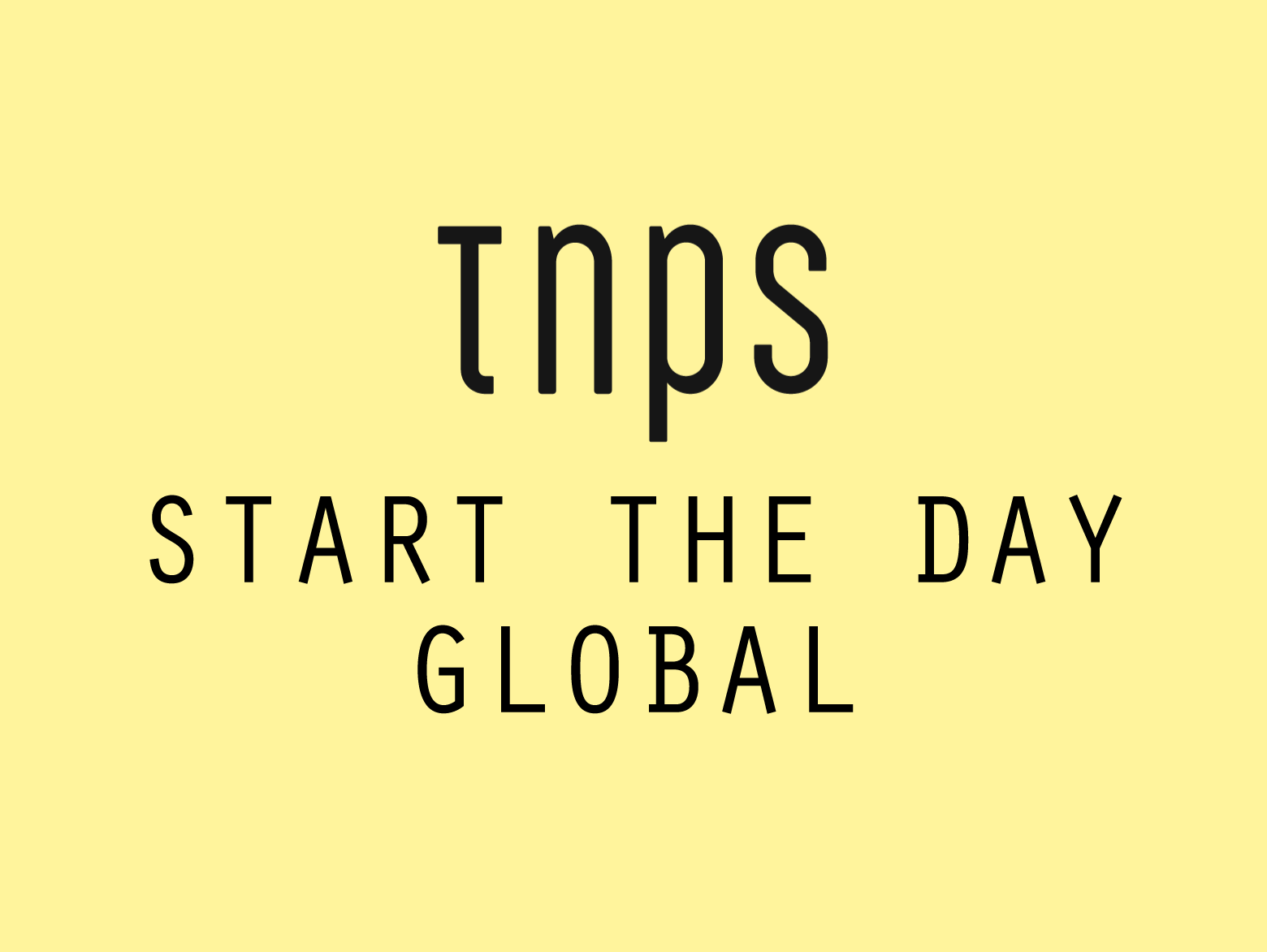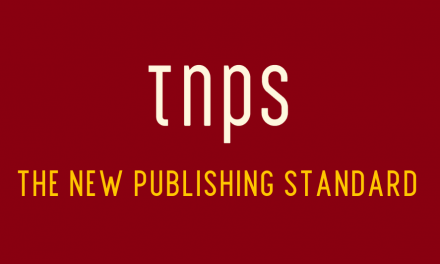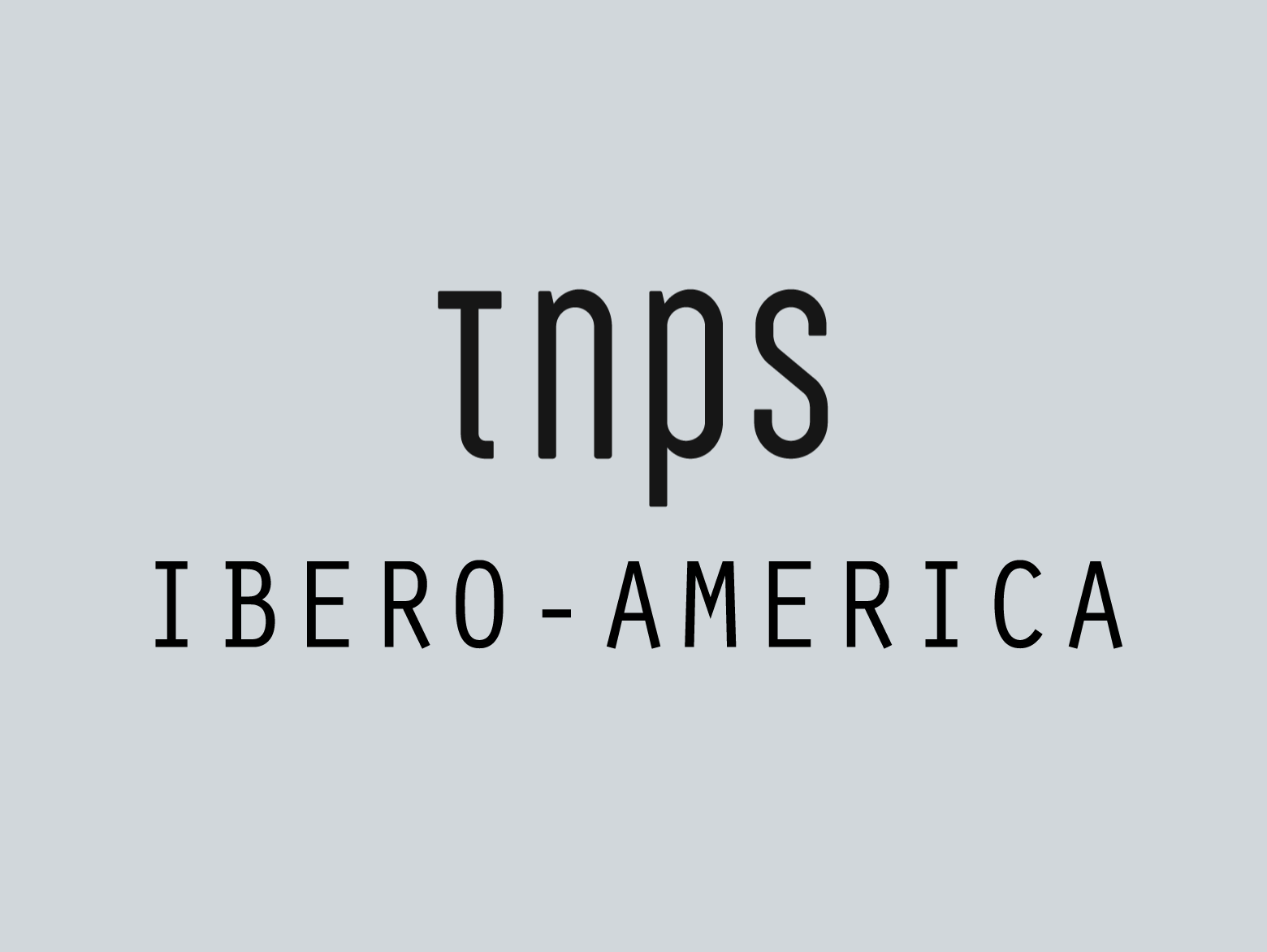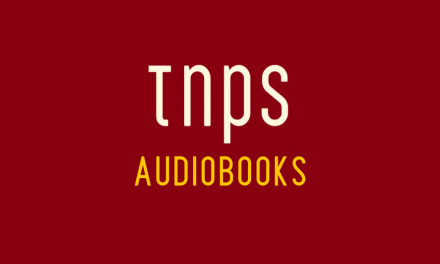The Hot Sheet is a publishing industry news-sheet for authors, produced every two weeks by Porter Anderson and Jane Friedman, and reviewed here every other Sunday as one of the best bi-weekly industry overviews available to authors.
We’re not interested in delivering breaking news, but perspective on stories that are likely to retain meaning for your long-term decision making. We provide distance and nuance on complex issues that affect all authors, whether traditionally published or self-published.

The point of the Hot Sheet Reviewed here at TNPS is not to simply repeat what is in the Hot Sheet, but rather it gives me a chance to pit my view-from-the-beach perspective as a content supplier and publishing industry observer against the at-the-coal-face experiences of Jane Friedman and Porter Anderson.
Every two weeks the dynamic duo select some key industry stories and put their slant on the events, and this in turn gives me a chance to compare my perspective.
Sometimes there is very little misalignment.
The Hot Sheet led this time around with Michael Wolff’s Fire and Fury: Inside the Trump White House.
Some of what the Hot Sheet had to say was news to me – apparently the book as sold is less than perfectly proofed and, for such a high-profile book about the highest-of-profile subjects, apparently not fact-checked that well either.
…Too often, the industry isn’t putting its best foot forward, even for high-profile offerings.
The Hot Sheet had another telling insight into the fate of Fire and Fury.
When Macmillan’s Henry Holt (in the USA) and Little, Brown (in the UK) were scrambling to get hardcovers into stores—and “usually ships in two to four weeks” was the best that Amazon could promise—we were struck by how many people held out for the paper edition. They could have had the Kindle edition on any device in less than one minute and for less money.
That really is worth reading twice, especially in the indie author sector where the perspective is often that because a particular format best suits our needs (both as content supplier and as reader) everyone else will share our view. The reality is that while ebooks are so much easier for us at the self-publishing end of the spectrum, most readers self-evidently still prefer print.
That’s not to say a good few authors are not making a comfortable living from digital, but that limiting our content supply to vessels that suit our convenience is not maximising our reach.
Also on the Hot Sheet’s radar this time around was Facebook.
Now I’m a big fan of Facebook. Not as a family and friends communications service, but because it is great for networking, reaching niche audiences and – all important to me – has international reach no other service can match.
While I detest the lack of formatting compared to a blog or even a Mailchimp newsletter, Facebook’s reach is potentially so much bigger than either of the former can manage. The downside of course is the ephemeral nature of Facebook posts, which are theoretically still hanging about years later but are not easily searchable or retrievable.
I would love to see the free and public-facing Facebook offer something similar to the capabilities of Workplace, the paid service Facebook offers businesses.
But instead Facebook has been playing with its algorithms again.
If you’re an author relying on Facebook to reach your readership, last week’s announcement from the site, which has two billion plus users, was not a welcome one. They’re once again making changes to the News Feed that will emphasize posts from friends and family and reduce content from Pages—with the added note that Page posts that lead to genuine engagement between friends will be favored.
To combat this, the Hot Sheet offers some useful tips.
Establish or participate in Facebook groups. Facebook, for now, remains committed to showing posts from groups in News Feeds.
Build a more direct relationship with readers. Ben Thompson of Stratechery wrote perhaps the most incisive advice: “Success [with Facebook] depends on building a direct relationship with readers; monetizing that relationship (likely through subscriptions, but not necessarily); and leveraging Facebook as an acquisition channel for those long-term relationships, not short-term page views.”
Become skilled at Facebook advertising for lead generation.
Well, I’m fine with the first, having run the International Indie Author Facebook Group for several years, and while my West African Third World internet existence has stymied my personal attempts at direct reach to readers, I’m fully behind that too.
Facebook ads? I’m on the fence on that one. But I do concur with the Hot Sheet’s bottom line:
While it’s always a good idea to diversify your channels, now more than ever authors must take steps to strengthen their long-term, direct reach to readers through a strong website, email newsletter list, loyalty clubs, and other forms of direct engagement.
Facebook ads and email newsletters lead us neatly into the Hot Sheet’s third story – Open Road Media, which just had its best financial year thanks to extensive use of email newsletters and direct-to-reader connections.
I’ve already quoted far too much of the Hot Sheet, which, remember, is a paid-subscription news sheet, so I’ll limit myself here to quoting Open Road Media’s Paul Slavin in Publishers Lunch, as quoted in the Hot Sheet, to get an idea of the significance of this story:
It’s important we don’t get pegged as a publishing company, looking at unit sales. We have a wonderful catalog, and that’s very valuable to us (but it’s now) about how we can acquire consumers who will stay with us and can buy from us for a long time … We’re in the business of talking directly to consumers and stimulating demand, and we have many different ways we can monetize that.
Slavin is anticipating as much as 50% growth year on year, and when we bear in mind this is for backlist titles, it becomes clear Open Road media are on to something with their variation of the classic email newsletter, whereby they sell not only their own titles but those of other publishers.
Elsewhere in the second Hot Sheet of 2018 Friedman and Anderson take a look at England’s literary fiction scene.
And yes, that is correct. While England is often used incorrectly when referring to Britain (England, Scotland and Wales) in this instance the Arts Council England is a separate body from its counterparts in Scotland and Wales.
In England, it seems, literary fiction is not as popular as it once was. It’s not clear if that is peculiar to England or an issue shared with the rest of Britain.
Again the Hot Sheet plucked some intriguing factoids from the debate.
For example, it appears that many literary authors
were earning more from foreign rights than English-language sales.
Although perhaps we shouldn’t be so surprised with that. In theory the number of “foreign” readers far outweighs the English-language readership. Could it simply be that the books are being better marketed in foreign lands than at home?
Other topics in the Hot Sheet include new publishing imprints and a list of links to some great stories I’d loved to have covered here at TNPS.
I’ll end with two one-liners from the Hot Sheet Index, a collation of number-guided publishing items which this time around looked at audio devices.
The number-three user activity of smart speakers from 7 p.m. to 9 p.m.: listen to children’s stories.
And the number-two user activity of smart speakers from 9 p.m. to midnight: listen to audiobooks.
Apparently number one is listening to traffic reports.
NB: The New Publishing Standard does not carry affiliate links and we receive no compensation from any mention of any service, paid or otherwise.





